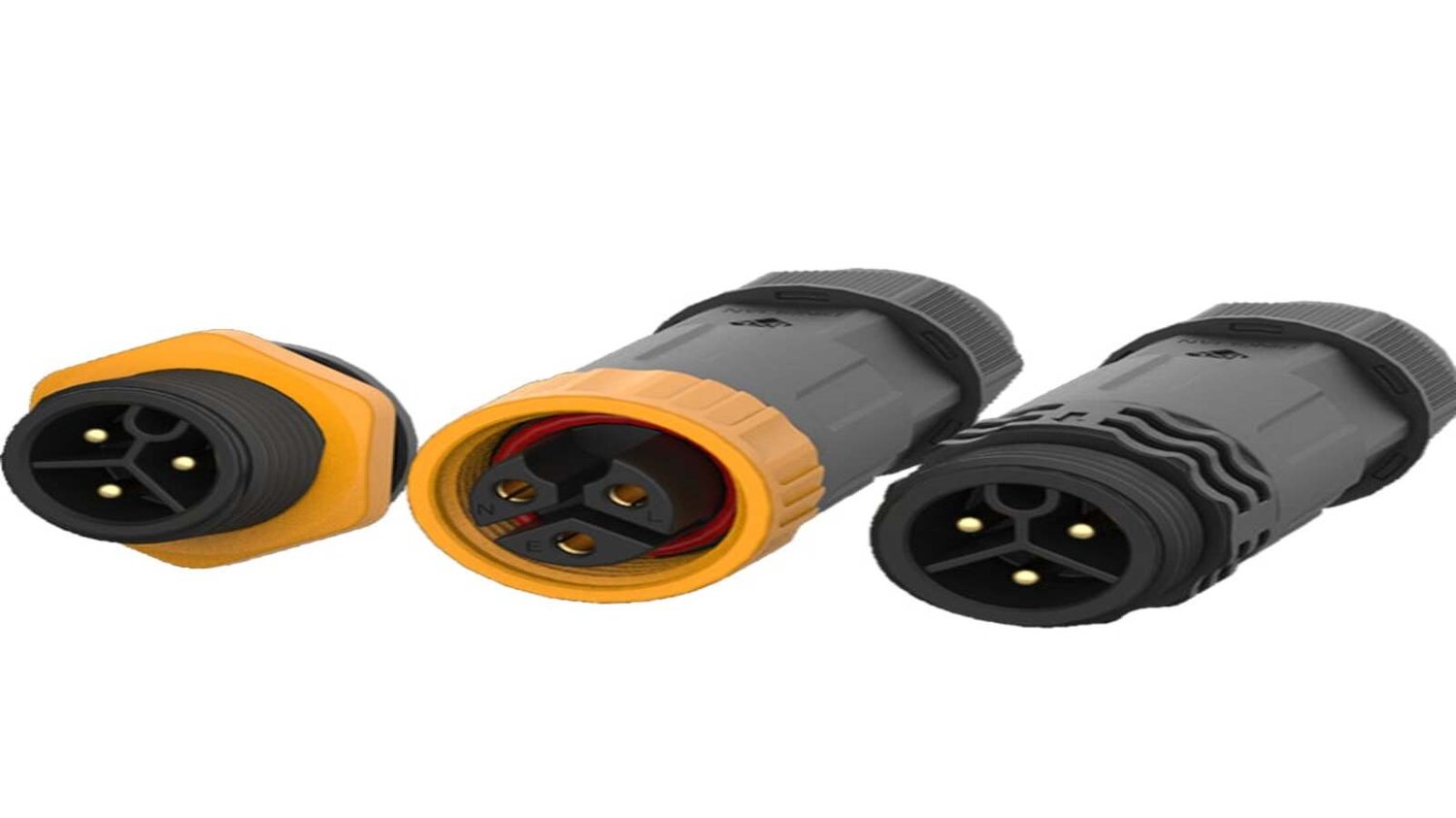Introduction
small electrical connectors are devices used to join electrical circuits. These connectors can be found in many devices, including computers, cars, and appliances. Although they may be small, they play a crucial role in ensuring the proper functioning of these devices. In this article, we will explore the different aspects of small electrical connectors.
The Different Types of Small Electrical Connectors
There are many types of small electrical connectors, and understanding the differences between them is essential. Some of the most common types of small electrical connectors include wire-to-board connectors, wire-to-wire connectors, board-to-board connectors, circular connectors, and coaxial connectors. Each type of connector has its unique features and advantages, making it suitable for different applications.
The Advantages of Small Electrical Connectors
Small electrical connectors offer various benefits, including easy installation and removal, reliable connections, and increased efficiency. They also reduce the risk of accidental disconnection, which is especially important in critical applications such as aerospace and medical devices.
The Importance of Quality Small Electrical Connectors
The quality of small electrical connectors is vital in ensuring the proper functioning of electronic devices. Poor quality connectors can lead to intermittent connections, which can cause data loss, system failure, or even create safety hazards. It is essential to use high-quality connectors that meet industry standards.
Applications of Small Electrical Connectors
Small electrical connectors are used in a wide range of applications, including consumer electronics, automotive, aerospace, medical devices, and telecommunications. These connectors are essential in ensuring the reliable and efficient operation of these devices.
Factors to Consider When Choosing Small Electrical Connectors
When selecting small electrical connectors for a particular application, several factors need to be considered. These factors include the current rating, voltage rating, contact resistance, temperature range, and environmental conditions.
The Future of Small Electrical Connectors
The demand for small electrical connectors is expected to grow in the future, driven by the increase in electronic devices' complexity and miniaturization. As more devices become connected and integrated, the need for reliable, high-quality connectors will become even more critical.
The Manufacturing Process of Small Electrical Connectors
The manufacturing process of small electrical connectors involves various stages, including stamping, molding, plating, and assembly. Each stage is critical in ensuring the connector's proper functioning and reliability. Quality control measures are also implemented at each stage to ensure that the final product meets industry standards.
Proper Maintenance of Small Electrical Connectors
Proper maintenance of small electrical connectors is essential to prevent system failure and ensure their longevity. Regular cleaning and inspection can help identify any issues with the connectors and prevent further damage. It is also vital to follow the manufacturer's recommendations for maintenance and replacement.
Conclusion
Small electrical connectors may be small, but they play a critical role in ensuring the proper functioning of electronic devices. Understanding the different types of connectors, their advantages, and factors to consider when choosing them can help developers and engineers select the appropriate connectors for their applications.

